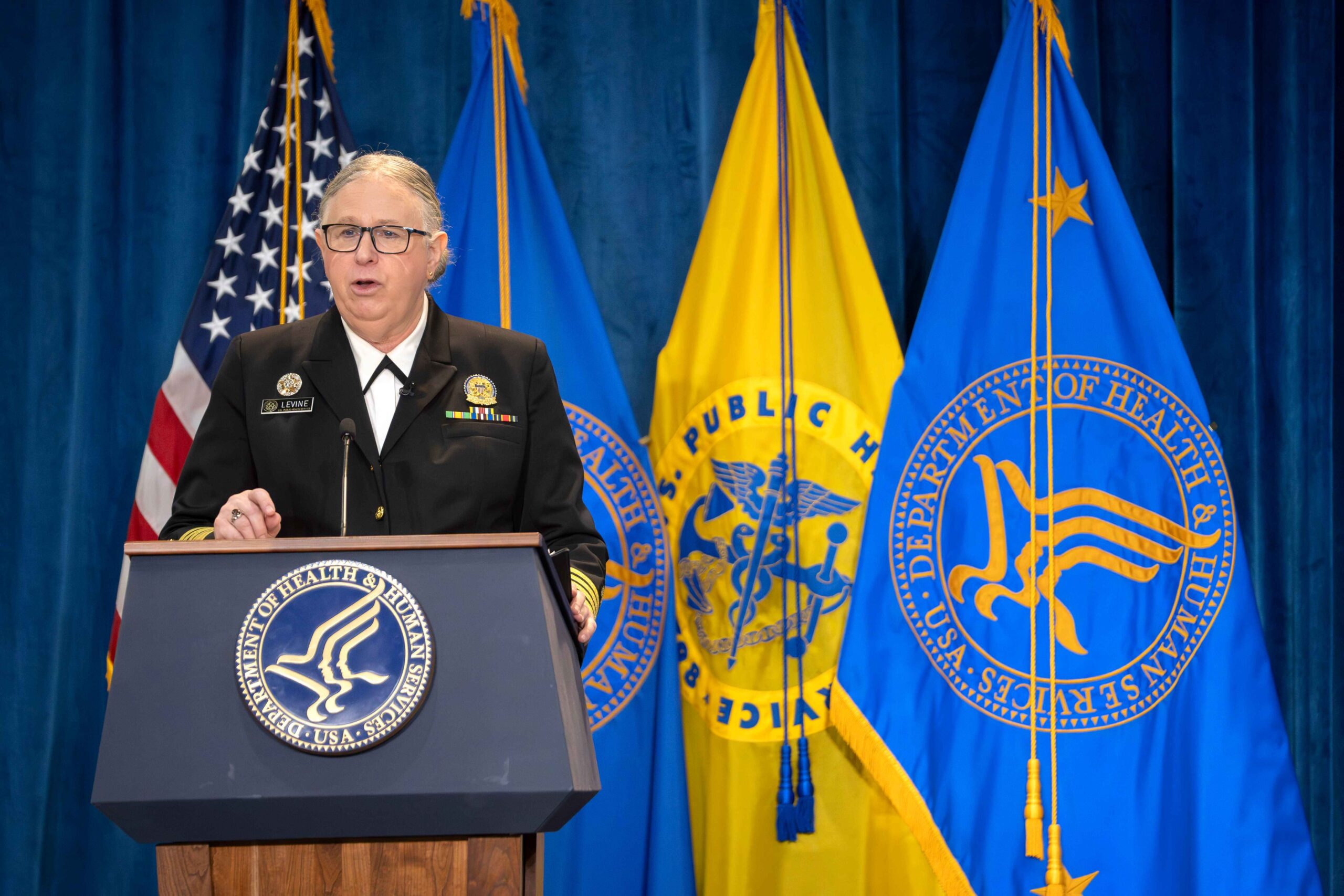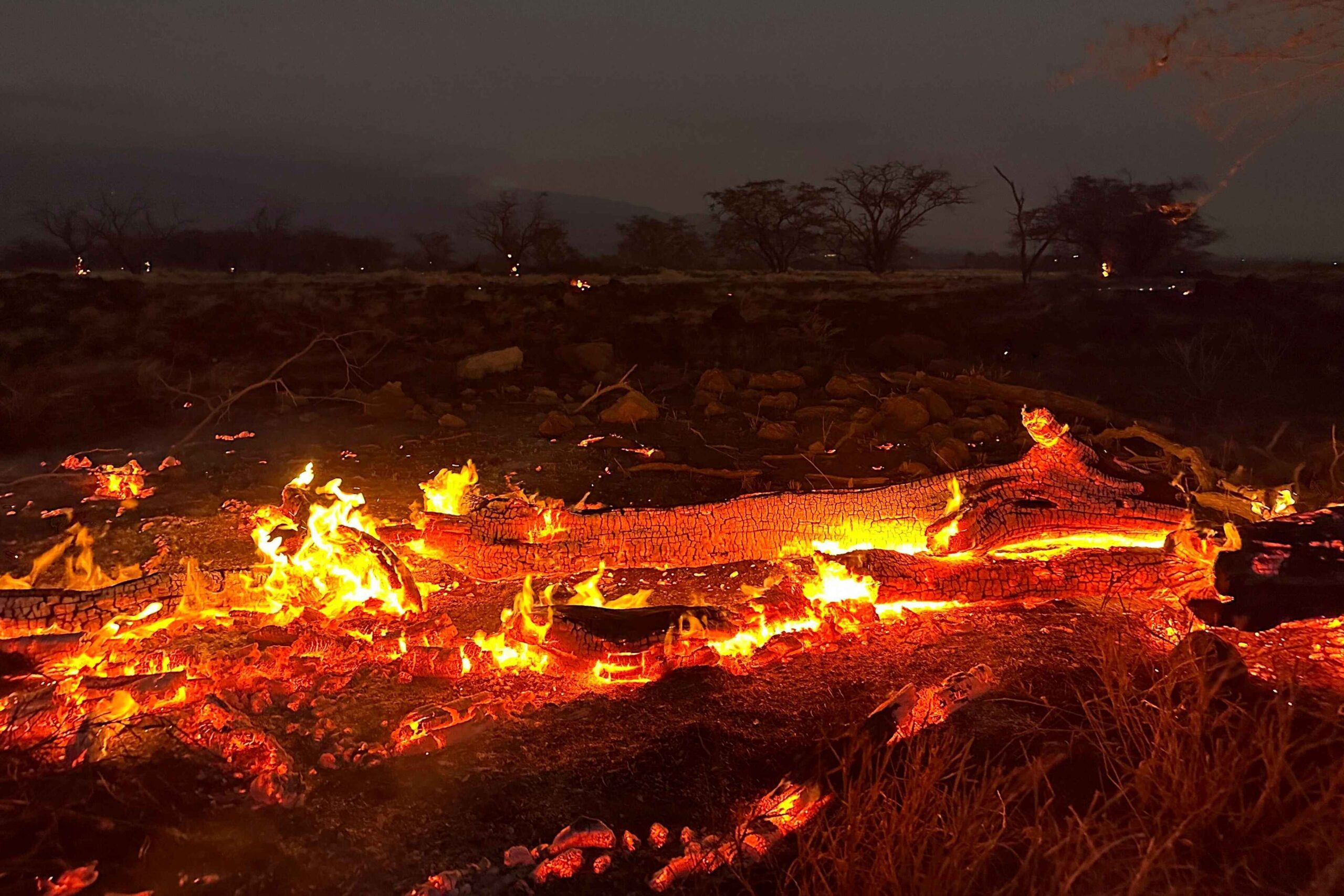The Food and Drug Administration (FDA), the Centers for Disease Control and Prevention (CDC), and other government organizations within the Department of Health and Human Services (HHS) are preparing to employ “indigenous knowledge”—also known as tribal superstition—in their scientific research programs.

According to a department document first obtained by the Washington Free Beacon, the new emphasis on indigenous knowledge was put forward in a proposed revision to the HHS scientific integrity guidelines. The department encompasses a dozen operating divisions, including the FDA, CDC, and the National Institutes of Health (NIH). If the proposal is adopted, all of these science-centric agencies will be required to employ “multiple forms of evidence, such as Indigenous Knowledge” when analyzing data.
Learn the benefits of becoming a Valuetainment Member and subscribe today!
While there is no concrete definition of the term, broadly speaking, indigenous knowledge refers to traditions and cultural/religious practices passed down by Native Americans and other ancient societies. As the Free Beacon writes, the phrase “posits that native peoples possess hidden wisdom about the workings of the universe and has been widely dismissed by experts as pseudoscience.”
However, since late 2022, the Biden administration—which entered office promising to “follow the science”—has been urging its various departments to consult with “spiritual leaders” and “reject methodological dogma” as a way to address injustices against Native tribes. In a memo released in November of that year, the White House Office of Science and Technology Policy directed over two dozen federal agencies to put folk wisdom on equal footing with scientific data.
White House science advisor Jane Lubchenco, who co-authored that memo, was at the time under a five-year sanction from the National Academy of Sciences (NAS) for alleged ethics violations, which prevented her from publishing papers through the association.
Related: Health and Human Services Dept. Implements “Reality-Denying” Gender Pronoun Policy
Along with the administration’s emphasis on infusing indigenous knowledge into government policy, the FDA, CDC, and other HHS departments have also been advised to consider non-traditional sciences like “citizen science, community-engaged research, participatory science, and crowdsourcing.”
“A strong culture of scientific integrity begins with ensuring a professional environment that is safe, equitable, and inclusive,” the report says. “Issues of diversity, equity, inclusion, and accessibility are an integral component of the entire scientific process.”

Despite the Biden administration’s commitment to pursuing indigenous knowledge, other experts have warned that adopting it as a policy can have catastrophic consequences. A prime example of this came during the devastating wildfires in Maui last year, when a local government official cited water’s “revered” status in native Hawaiian tradition as a reason for not using additional resources to fight the fire.
Similar efforts to adopt tribal wisdom in Canada have been largely unsuccessful in the last two decades, with a 2004 study determining that Native input on climate change had proved functionally useless.
If approved, the new Department of Health and Human Services guidelines will go into effect later this year. The full proposal can be read below:
DHHS-Indigenous-KnowledgeDownload
Connor Walcott is a staff writer for Valuetainment.com. Follow Connor on X and look for him on VT’s “The Unusual Suspects.”



















Add comment